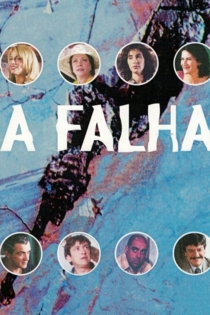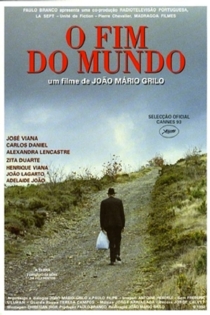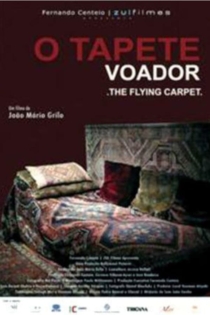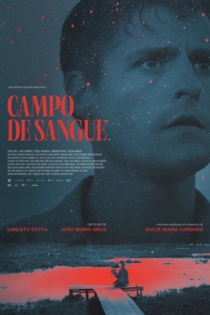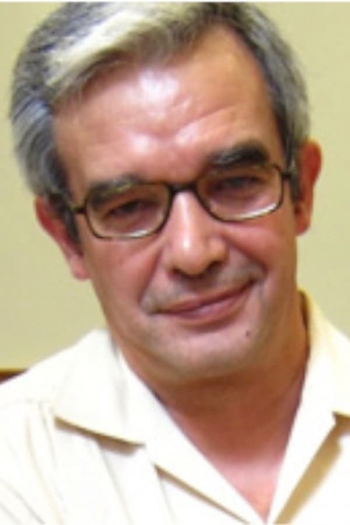
João Mário Grilo
1958 (67 лет)A Vossa Casa
João Mário Grilo
Indefatigable worker and in multiple artistic fronts, the architect Raul Lino (1879-1974) left us a fundamental work for the understanding of the Portuguese ways of being and inhabiting. The film approaches that legacy starting from texts published by the architect, which place the problematic of the House in a much wider context than that placed by the problems of construction itself. Imagined and drawn for people, being so mirrors of their personalities, tastes and memoires, Houses are the meeting-point between Man, Art and Nature. Therefore, the tremendous responsibility of Architecture: of those who make it and those who uses it.
A Vossa Casa
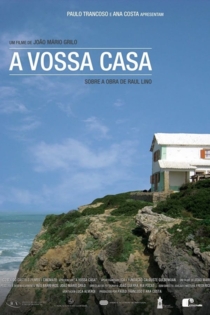
A Estrangeira
João Mário Grilo
Fernando Rey, Teresa Madruga
The shady side of an Italian textile trade in northern Germany is the subject of this slow-paced but atmospheric drama featuring Alberto Sordi as Totonno, a low-level, petty criminal anxious to move up a somewhat crooked ladder. Rising to the rank of the "dons" -- Don Raffaele (Carmine Ippolito) or Don Gennaro (Pasquale Cenammo) -- is not an easy task, as Totonno is about to find out. In the meantime, Paula (Belinda Lee) provides a romantic distraction, and another would-be entrepreneur opts for the straight and narrow. This uneven feature offers some colorful performances but the sum is less convincing than its parts.
A Estrangeira
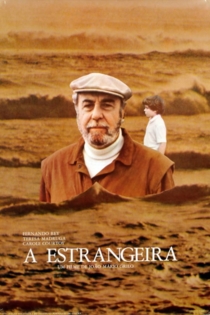
451 Forte
João Mário Grilo
Sofia Alves, Adriano Luz
Zé Alberto and Laura are lovers, and have a clandestine and permanently threatened relationship. Zé Alberto is married to Fernanda, Laura's sister, whose husband is in prison for murder. Fernanda is aware of Laura's relationship with her husband and constantly threatens them to tell Armando everything. Laura and Armando have a daughter - Sónia - whose greatest defect is greediness and the highest quality to cover up her mother's romance with her uncle. The fear of the two lovers increases and events precipitate when they receive the news that Armando is about to go on parole ...
451 Forte

Longe da Vista
João Mário Grilo
Canto e Castro, Francisco Nascimento
In order to make some much-needed cash for himself, 65-year-old Portuguese prison inmate Eugenio impersonates a young woman and begins a romantic correspondence with a lonely Portuguese truck-driver living in Boston, convincing him that her tragic life has culminated in financial dire straits so he will send money. At first Eugenio's sister Idalina assists him in creating the character of Maria da Luz. Touched by her sweetness and apparent loving nature, the trucker willingly sends her money. When Idalina starts fearing they will be caught, she backs out of her arrangement with Eugenio who then convinces his young cellmate Vasco to help write the letters and even sends a picture of himself at age seven to "prove" that Maria has a young son. As prison life exacts an increasingly heavy toll upon Eugenio's health, his feminine alter-ego helps sustain him.
Longe da Vista
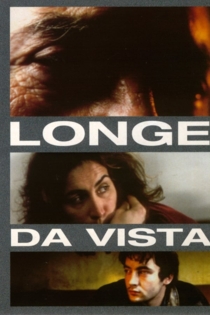
O Processo do Rei
João Mário Grilo
Carlos Daniel, Aurelle Doazan
At the time Portugal presented a strange spectacle to the rest of Europe. D. Afonso VI, son of the fortunate D. João de Bragança, was in possession of the throne and was an insane imbecile. His wife, daughter of the Duke of Nemours and cousin of Louis XIV, dared hatch a plot to oust her husband from the throne. The king's stupidity justified the queen's bravado. Despite being master of unusual strength and having slept with his wife for a long time, she accused him of being impotent. Marie Françoise had acquired through artfulness what Afonso had lost in anger in the kingdom. She had him imprisoned ( November 1667 ) and quickly obtained a papal bull from Rome to confirm her virginity and bless her marriage to her brother-in-law Pedro. Portugal's submission for the Academy Award for Best Foreign Language Film in 1990.
The King's Trial
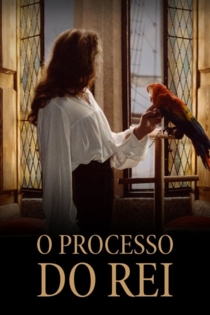
A Vossa Terra
João Mário Grilo
Gonçalo Ribeiro Telles, João Mário Grilo
Using texts and landscapes belonging to Gonçalo Ribeiro Telles and to a life of work dedicated to landscape architecture, João Mário Grilo composes this poetic documentary about the evocative power of nature and man.
A Vossa Terra
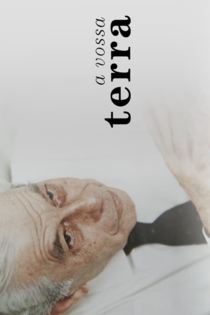
Os Olhos da Ásia
João Mário Grilo
Geraldine Chaplin, João Perry
Nakaura of Julian (Julião Nakaura), a priest of the Society of Jesus, was one of four young ambassadors sent to Rome by the Jesuits in 1538, as proof that Japan had converted to Christianity. Fifty years after the mission, which so fascinated European royalty, Julian was forced again to prove his faith, only this time before a Shogun, who wanted to force him to abandon his religion. Julian resists, as does Miguel Chijiwa, a fellow at the embassy to Rome, who become a martyr. Betrayed by Cristóvão Ferreira, who cannot bear the torture, Julian suffers an inglorious death ... or maybe not.
The Eyes of Asia
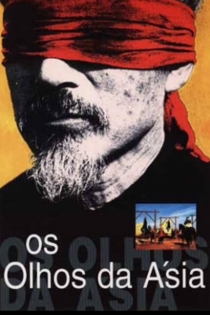
Duas Mulheres
João Mário Grilo
Beatriz Batarda, Virgílio Castelo
Joana, 40 years old medical phychiatric, is married to Paul, an executive of a large financial company. Paul hopes that Joana fulfils her role and follows his constant social influences demonstrations. But the marriage is profoundly altered when Mónica, a young model, enters Joana´s life. Irresistibly attracted, they involved romantically, in a world of liberating experiences and feelings. But this will be a short trip, since the revelation of this affair forces Paulo to take drastic measures... ~ FICA
Two Women
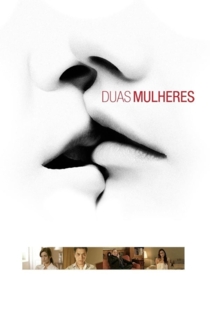
Saramago: Documentos
João Mário Grilo
Clara Ferreira Alves, Suzana Borges
About the Portuguese author José Saramago, based on a long interview with the writer at his home on the island of Lanzarote, in which he analyzes his work and shares his reflection on some aspects of his personal life.
Saramago: Documentos

A Falha
João Mário Grilo
Alexandra Lencastre, Teresa Roby
Twenty-five years after leaving school, a group of former students decide to organise a reunion. But, contrary to expectations, these "old boys" realise that time has accentuated their differences. The atmosphere is tense, the conversation taut and the old grudges resurface in no time.
A Falha
